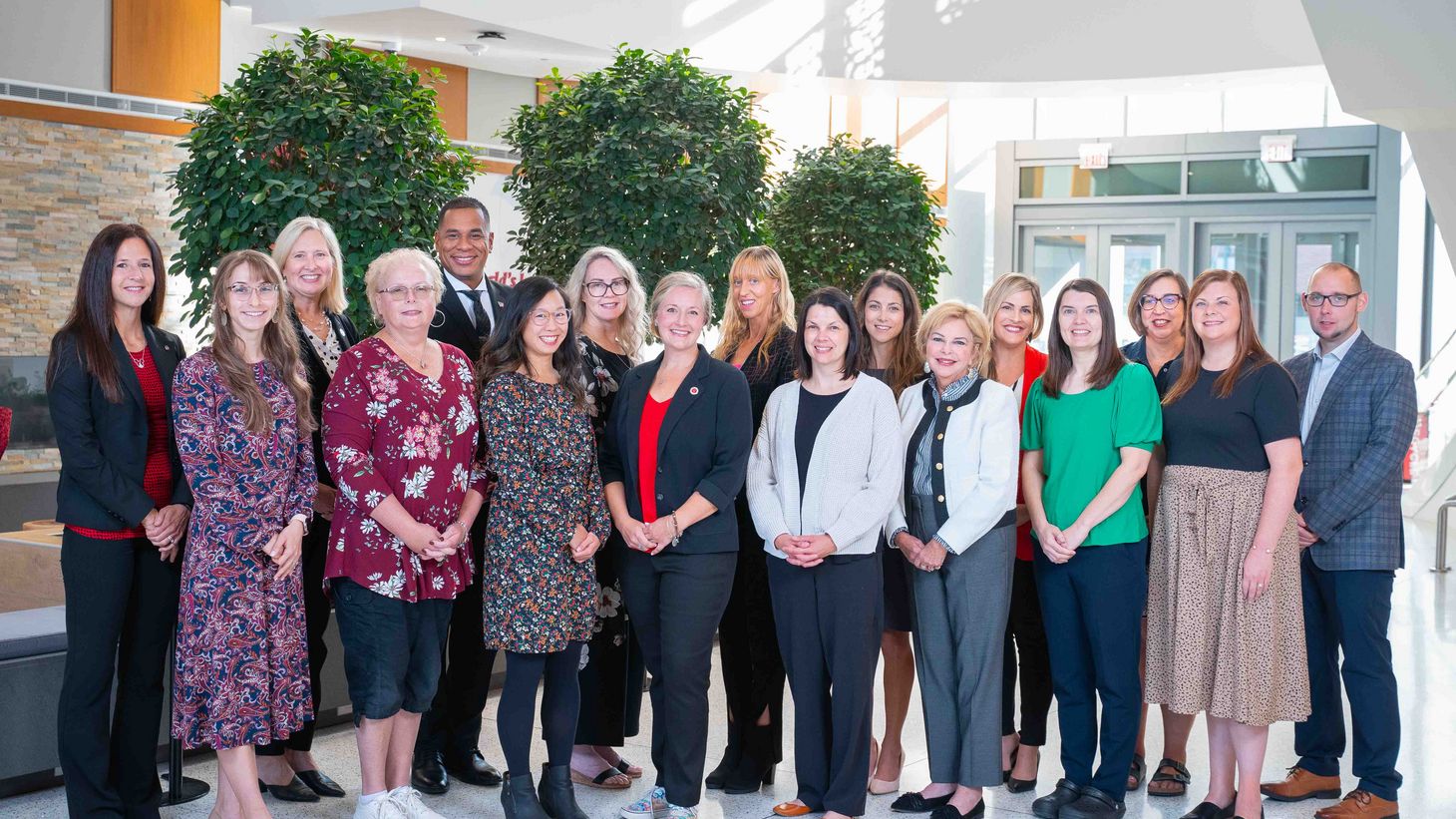
Innovation Fellowship
Turn bold ideas into measurable impact in your program, your practice and your career.
Why Fellows love this program
The Innovation Fellowship is a 12-month, interdisciplinary program where participants advance a real project with personalized coaching, a supportive peer cohort, and an evidence-based curriculum. Across three phases – Creative Inquiry → Design and Development → Synthesis and Spread – participants identify high-leverage problems, prototype and test solutions, and leave with polished deliverables ready to launch, publish or scale. It’s our flexible “structure of fluidity” approach that makes room for creativity while driving concrete results.
What you’ll do and take away as a Fellow
- Build and launch: Develop an innovation that fits your context (clinical, academic, community)—with assets including a pitch deck, pilot plan, manuscript, grant proposal or curricular product.
- Grow as a leader: Strengthen identity, confidence and psychological safety to navigate complexity.
- Learn by doing: Apply systems thinking, design thinking and our Three Cs of Innovation™ – Creativity, Courage, Connection – plus heutagogical (self-directed) learning strategies you can reuse with your teams and students.
Outcomes our Fellows are proud of
- Clinical redesigns piloted with new funding
- Innovation labs launched
- Peer-reviewed publications
- Alumni spotlights:
- Karen Meade, MSN, RN: B3 Buddy (Below the Bladder Bag) to improve mobility and dignity; fellowship momentum supported her successful PhD admission
- Audra Hanners, DNP, APRN-CNP, CKNS: Keto Rx program integrating lifestyle psychiatry into outpatient care
- Shane Gahn, DNP, APRN-CNP: Commercial-ready microlearning modules to embed design thinking in undergraduate curricula
Return on investment (for you and your organization)
Thanks to scholarships, tuition is $2,500 for the full year. Fellows receive 50+ hours of individualized coaching and structured innovation content, an executive-education equivalent valued at $15,000 – $20,000. Many alumni subsequently secure $10,000 – $100,000+ in grants, launch income-generating products/services or earn promotions with $10,000 – $30,000 annual salary increases. Organizations see accelerated innovation, stronger retention and scalable solutions that improve systems, producing high-leverage impact at low cost.
How the Fellowship works
Three pillars, one transformational year:
- Coaching – Monthly 1:1 and group sessions with experienced innovation leaders
- Curriculum – Systems thinking, feedback loops, change models, design thinking, holistic leadership; microlearnings you can use with your team
- Hands-on project – Move from problem framing to prototype to a ready-to-spread solution
Program snapshot
- Timeline: 12 months (September – August) | hybrid format
- In-person touchpoints: Kickoff retreat (September) and Pitch event (July)
- Included: Monthly workshops, 1:1 coaching, peer community and a year-long project
- Deliverables: Innovation pitch plus a strategic dissemination path (pilot, publication, product, curriculum)
Who should apply
We welcome faculty across tracks, clinicians, administrators, educators and emerging leaders who want to create sustainable, system-level change while supporting their own well-being and professional growth.
Ready to turn your idea into impact?
Join a cohort that blends rigor + heart, imagination + execution, and leaves you with tangible results for your learners, your patients, your organization and your career.
To learn more about the fellow experience, outcomes and ROI, explore our 2025 Innovation Fellowship Executive Summary linked here. It includes alumni spotlights, measurable impact and a complete list of publications supporting program outcomes. You can also read this article in the Spring 2023 edition of the College of Nursing's Transformations magazine and our peer-reviewed paper in the Journal of Clinical Translational Science.
Any questions can be directed to Dr. Taura Barr, fellowship director and associate professor, at barr.428@osu.edu.
Proud partner with The Ohio State University Office of Innovation and Economic Development
2025-26 Cohort
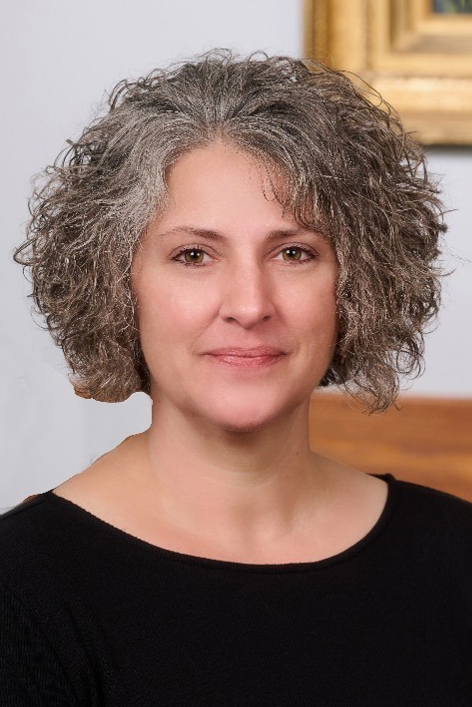
Lisa Albert, EdD, MSN, RN, CSN
Chair of Undergraduate Nursing Education at Penn State Harrisburg
Assistant Teaching Professor
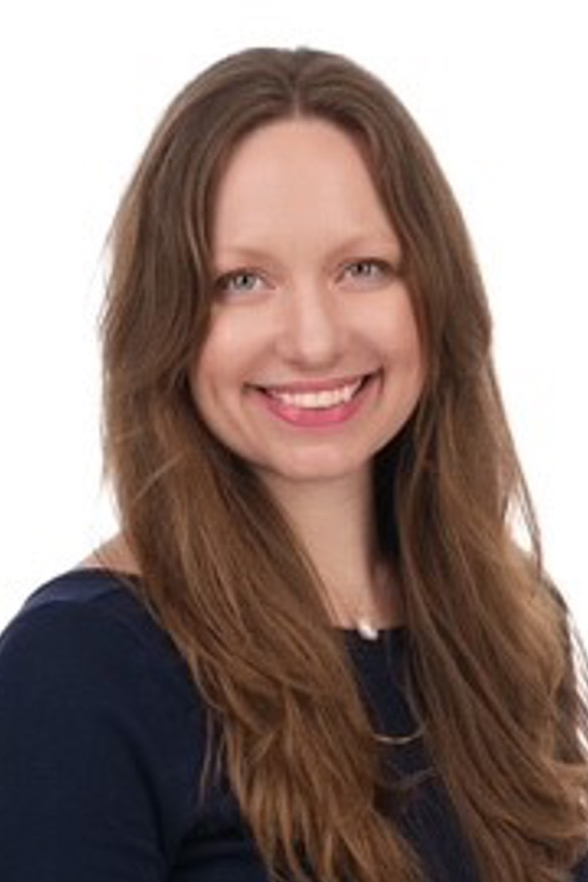
Morgan Cangelosi, DNP, APRN, FNP-C, CCRN
Assistant Professor,
Apple Distinguished Educator, Class of 2023
University of Texas Medical Branch
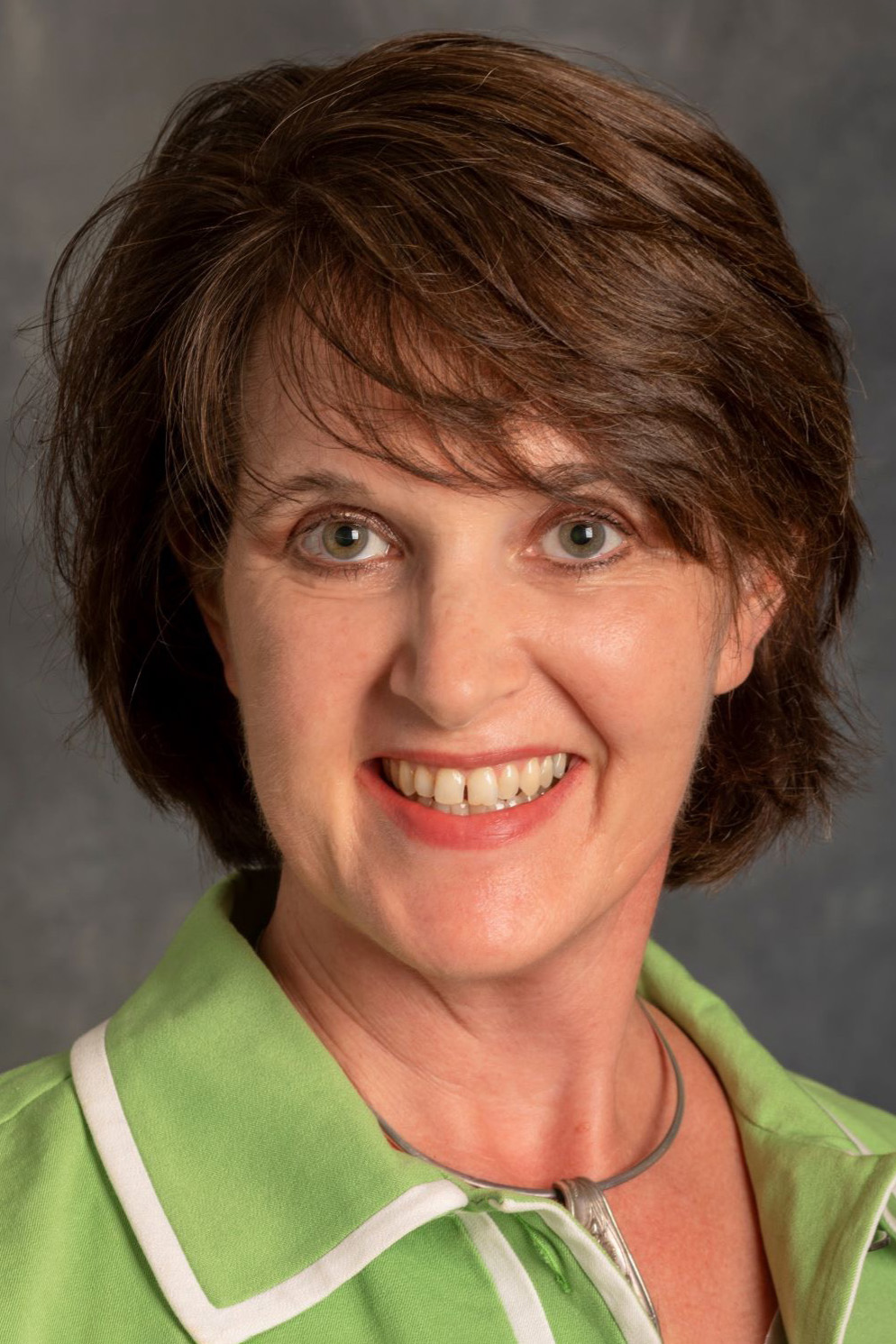
Sara Donevant, PhD, RN
Associate Professor
Jonas PhD Nurse Leader Scholar Alum
College of Nursing
University of South Carolina
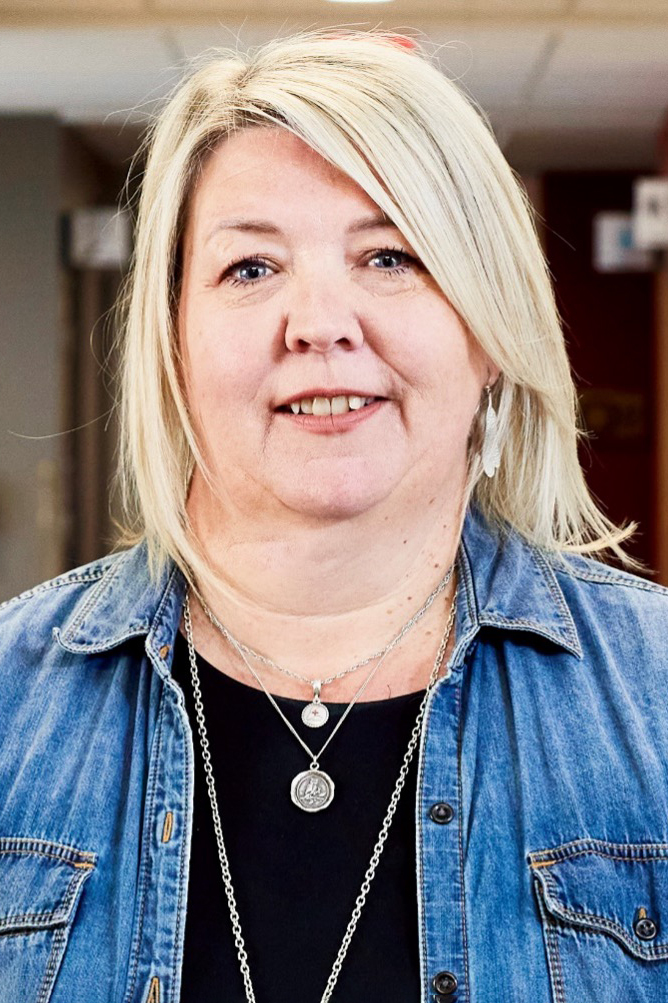
Kim English, RN, BScN, MN
Professor, Trent/Fleming School of Nursing
Member, Royal College of Surgeons of Edinburgh, Faculty of Rural, Remote and Humanitarian Healthcare
Ecampus Ontario Empowered Educator
Global Rural Nurse Exchange Ambassador
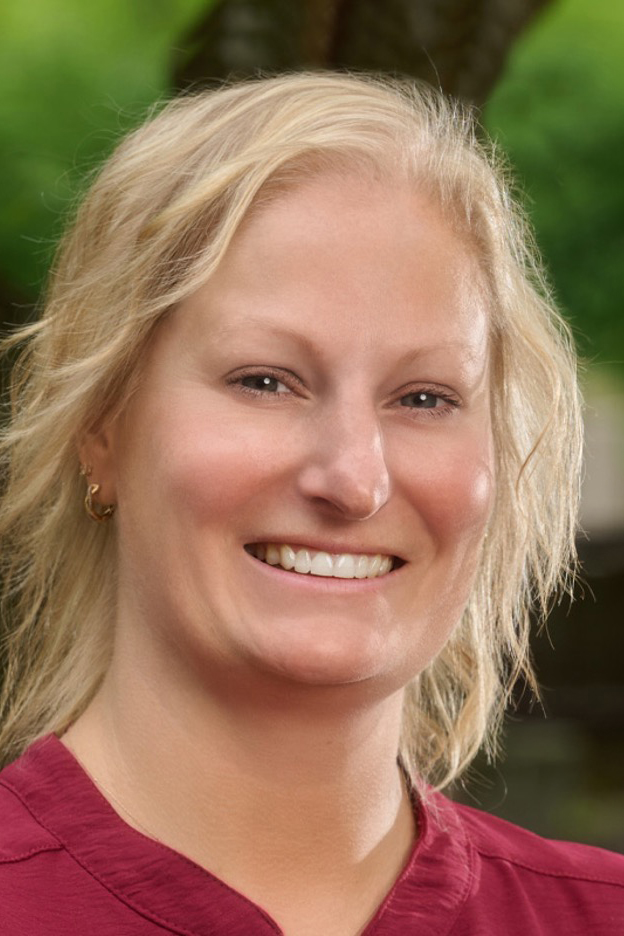
Joan M. Krug, PhD, RN, CCRN, CNE
Assistant Teaching Professor
The Pennsylvania State University Altoona Campus
Ross and Carol Nese College of Nursing
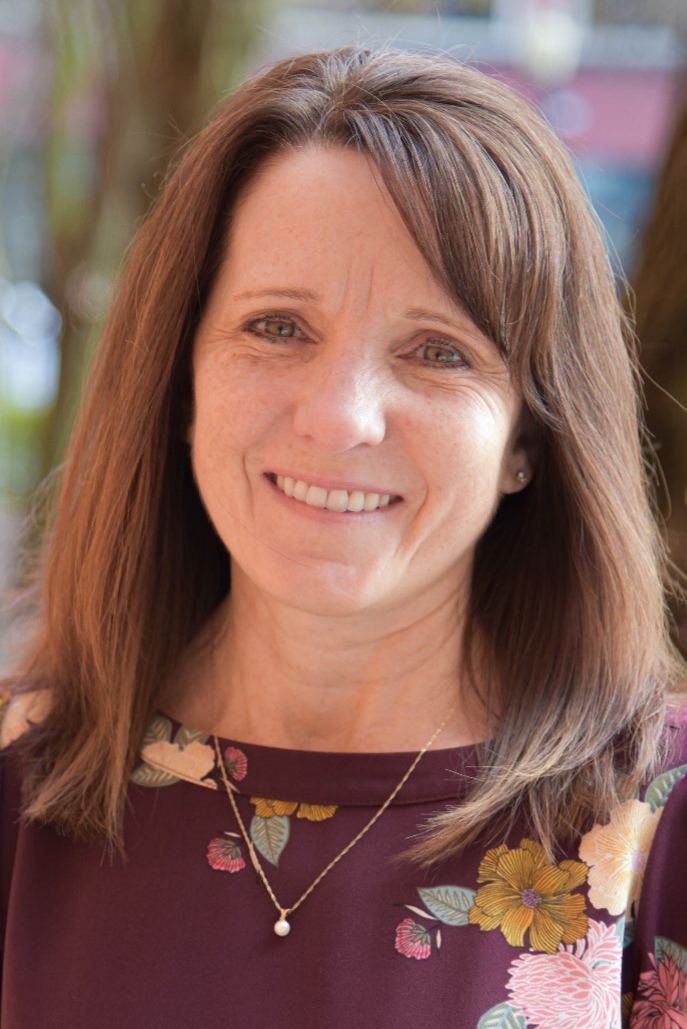
Paula J. Kustenbauder, DNP, RN, CCRN, CNE
Assistant Teaching Professor
Penn State Ross and Carol Nese College of Nursing
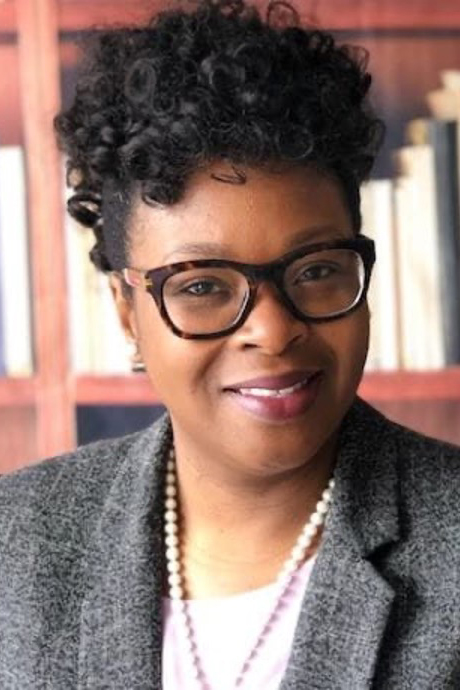
Karen O. Moss, PhD, RN, CNL
Assistant Professor, College of Nursing
The Ohio State University
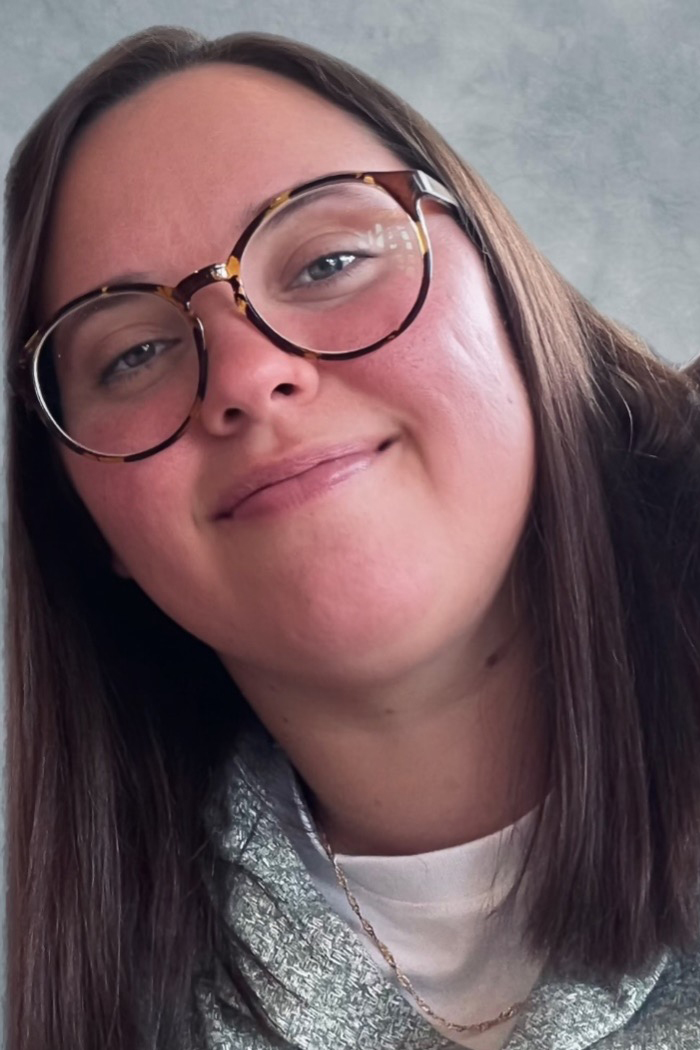
Lacy Mroz, PT, DPT
Physical Therapist
Orthopedic Sports Med Center
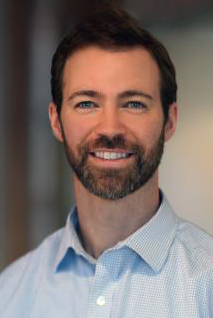
Colin Plover, PhD, MSN/MPH, MSN, MSEd, RN
Founder, Nightingale Caring Solutions
Postdoctoral Research Associate, Center for Nursing and Engineering Innovation, University of Massachusetts Amherst
Adjunct Instructor, Thomas Jefferson University
- 2024-25 Cohort
-
- Ofonime Bleess, DNP, MBA, APRN, FNP-BC, ENP-C
Assistant Professor
UTMB School of Nursing, Galveston Texas - Abegail Carpenter
Professional Services, Manager
Title21 - Kelly Casler, DNP, APRN-CNP, CHSE, EBP-C, FAANP
Clinical Associate Professor and Family Nurse Practitioner
Director, Doctor of Nursing Practice Clinical Expert Track
The Ohio State University College of Nursing - Rebecca Dodmead, MSN-Ed, RN
Inaugural Class-Doctor of Nursing Education Program
The Ohio State University
Founder of 501(c)(3) Nonprofit Artisans for Good - Shane W. Gahn, DNP, APRN-CNP
Clinical Assistant Professor of Practice
The Ohio State University College of Nursing - Kate Gawlik, DNP, RN, APRN-CNP, FAANP, FNAP, FAAN
Associate Clinical Professor
Director of Undergraduate Health and Wellness Academic Programming
Co-Director of Bachelor of Science in Health and Wellness
Co-Director NSPIRE
Project Manager, Million Hearts
The Ohio State University College of Nursing - Victoria (Vicki) A. Kellogg, PhD, JD, MBA, CRNP
Assistant Teaching Professor
Ross and Carol Nese College of Nursing
Penn State Altoona - Suzanne Kuhn, PhD, RN, CNE, CNEcl
Director for Undergraduate Nursing Education at Penn State Altoona
Teaching Professor Nursing and Women's, Gender and Sexuality Studies
Ross and Carol Nese College of Nursing - Nicole McGarity, MHI, BSN, RN, CEN
Associate Director, James Patient Education
The Arthur G. James Cancer Hospital and Richard J. Solove Research Institute - Nastaran Minassians, MSN, ACNP-BC
Nurse Practitioner
Tristate Community Healthcare - Tara O’Brien, PhD, RN, CNE
Assistant Professor
The Ohio State University College of Nursing - Danielle Peterman, DNP, RN, CNE
Assistant Teaching Professor
Penn State University - McKenzie Posey, MSN, RN
Nursing Professional Development Program Manager
Bon Secours Mercy Health - Sarah Rust-Overman, DNP, APRN-CNP, CPNP-PC
Clinical Assistant Professor of Practice
Pediatric Nurse Practitioner
The Ohio State University College of Nursing - Whitney Shanley, DNP, MSN, APRN, FNP-C
Assistant Professor of Nursing
The George Washington University - Ebonie Siemer, RN, HN-BC
RN Navigator
Moffitt Cancer Center - Andrew Skapenko, MA, CPHR
Interim Manager, Partner Relations, Office of Strategic Partnerships
Thompson Rivers University - Carter Todd, MS, MBA, RN, NE-BC, CCRN
Nurse Manager
Kaiser Permanente Roseville
- Ofonime Bleess, DNP, MBA, APRN, FNP-BC, ENP-C
- 2023-24 Cohort
-
- Emery Bergey, MSN, APRN, AGCNS-BC, OCN, HNB-BC
Moffitt Cancer Center - Amy D. Criscitello, MSN, CRNP, PMHNP-BC
Penn State Ross and Carol Nese College of Nursing - Taylor Criste, BSN, RN, CCRN-CMC
Allegheny Health Network - Wendy Edgar, DNP, RN, FNP-BC
Penn State Ross and Carol Nese College of Nursing, Fayette Campus - Abbey Elliott, DNP, MHA, RN, CEN, CHSE
Purdue University Global - Paula Garvey, DNP, NPD-BC, RN, CHSE
The Ohio State University College of Nursing - Elizabeth Ann L. Gatchell, DNP, RN
Penn State Ross and Carol Nese College of Nursing - Stephanie Justice, DNP, RN, CHSE
The Ohio State University College of Nursing - Susan B. Leight, EdD, ARPN-BC, NP-C, ANP-BC, FAANP, FAAN
Penn State Ross and Carol Nese College of Nursing - Christina M. Lightner, PhD, MSN, WHNP-BC, RN
Penn State Ross and Carol Nese College of Nursing - Shannon Linder, DNP, APRN-CNP, FNP-BC, PMHNP-BC
The Ohio State University College of Nursing - Karen Meade, MS, APRN-CNS, AGCNS-BC, OCN
Arthur G. James Cancer Hospital, The Ohio State University Wexner Medical Center - Jacquelyn D. Svoboda, DNP, APRN, WHNP-C
UTMB Health - Morgan Wiggins, DNP, APRN, PMHNP-BC
The Ohio State University College of Nursing
- Emery Bergey, MSN, APRN, AGCNS-BC, OCN, HNB-BC
- 2022-23 Cohort
-
- Bradley Chesham
Queensland, Australia - Miriam Espinoza
Northern Arizona University College of Health and Human Services School of Nursing
"The OSU CHIL team impressively created a safe space that allowed for vulnerability and growth. This resulted in several "ah-ha" moments as I was challenged. I am grateful for the insight that I've gained, the camaraderie, and the ability to witness (and apply) innovation in an evidence-based manner. I enjoyed building insight and the collaboration." - Lara Jaquemai
Arthur G. James Cancer Hospital, The Ohio State University Wexner Medical Center - Michelle Litchman
University of Utah College of Nursing - Uzo Nwankpa
Samuel Merritt University
"I appreciated the space to connect, build and innovate my idea. I learned a few entrepreneurial skills that I will take with me. I enjoyed the ability to flesh out my idea in a supportive group setting." - Oren Shtayermman
Chamberlain University
- Bradley Chesham
- 2021-22 Cohort
-
- Angela D. Alston, DNP, MPH, APRN-CNP, WHNP-BC, FNP-BC
The Ohio State University College of Nursing
"Participation in this fellowship program has expanded my perspective on innovation and provided practical tips that I will use both in my personal and professional endeavors." - Megan Amaya, PhD, CHES, NBC-HWC
The Ohio State University College of Nursing - Amber Essman, DNP, APRN-CNP, CLC
The Ohio State University College of Nursing - Shannon L. Gillespie, PhD, RN
The Ohio State University College of Nursing
"I highly recommend this fellowship for anyone who is grappling with where they want to go with their innovation. As a nurse and a scientist, I entered this field to help people, to save lives. But getting new discoveries to the people that need them is more challenging than I ever imagined. At the beginning of this fellowship, I had an idea that was showing a lot of promise in its ability to help patients. By the time I finished this fellowship, I had secured funding to produce a first-of-its-kind clinical kit, made significant progress on intellectual property protection, and started preparations to launch a start-up company. This was the push that I needed to take my innovation from the bench to the bedside, and you can do it too!" - Audra Hanners, DNP, APRN-CNP, CKNS
The Ohio State University College of Nursing
"Great experience, coaching and support through the innovation process. Networking with other fellows and beyond was truly valuable." - Lisa Militello, PhD, MPH, RN
The Ohio State University College of Nursing - Brittany E. Punches, PhD, RN, CEN, FAEN
The Ohio State University College of Nursing
"I enjoyed my experience as a fellow. Through individual and group coaching as well as the curriculum content, I was able to identify opportunities for growth and accelerate my project accomplishments!" - Annetta Sipes, DNP, MSN, BSN, RN, SANE-A, SANE-P
The Ohio State University College of Nursing
- Angela D. Alston, DNP, MPH, APRN-CNP, WHNP-BC, FNP-BC
- 2020-21 Inaugural Cohort
-
- Christa Newtz, MS, RN
- Audra Hanners, DNP, APRN-CNP, CKNS
- Lista Militello, PhD, MPH, RN
- Susan Thrane, PhD, RN
- Shannon Gillespie, PhD, RN
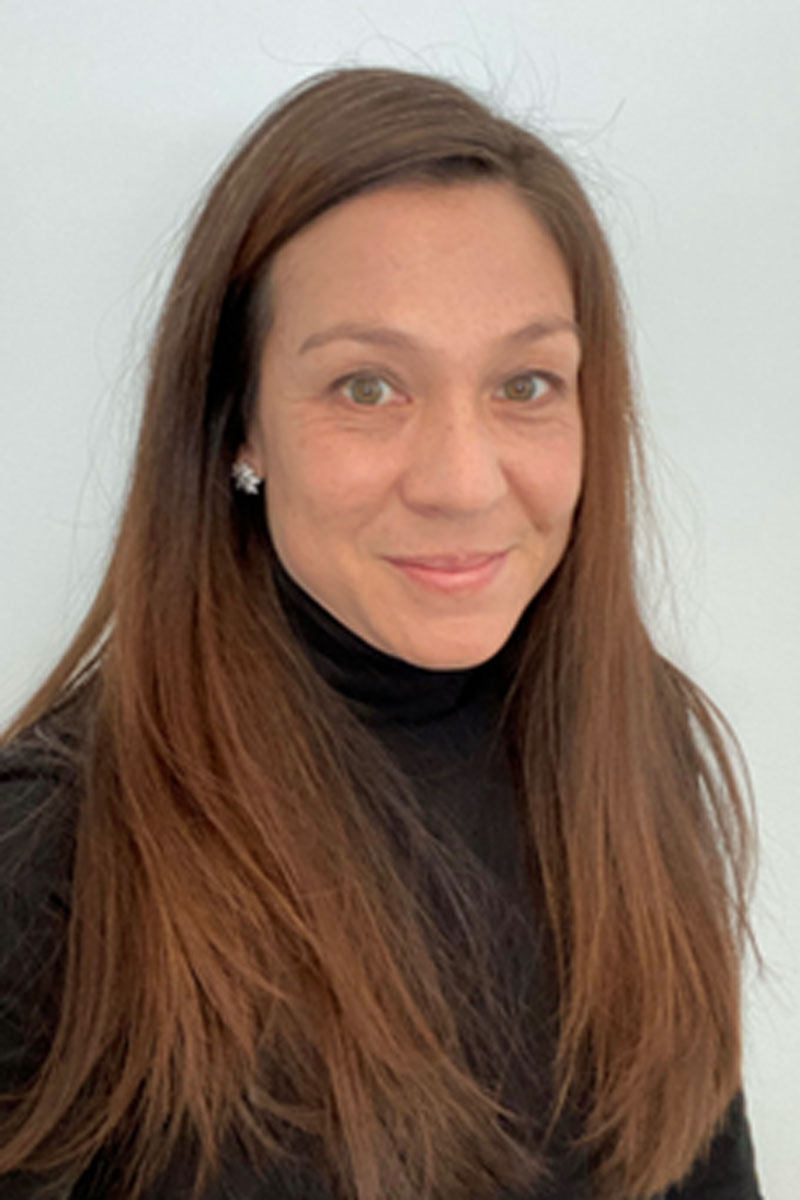
Lisa K. Militello, PhD, MPH, RN, FAANP, Assistant Clinical Professor, The Ohio State University College of Nursing
Lisa Militello is an assistant professor in the Center for Health Innovation and Leadership at The Ohio State University. Prior to earning a doctorate in healthcare innovation and nursing, Militello utilized her training in public health and nursing to serve as a pediatric nurse practitioner for more than 15 years across various clinical and community settings. Her goal is to leverage technology (for good) to bridge the gap between clinical practice and everyday family life. Her research and scholarship focus on how technology may be used to meet the needs of children and families, promote healthy lifestyle behaviors and improve quality of life.
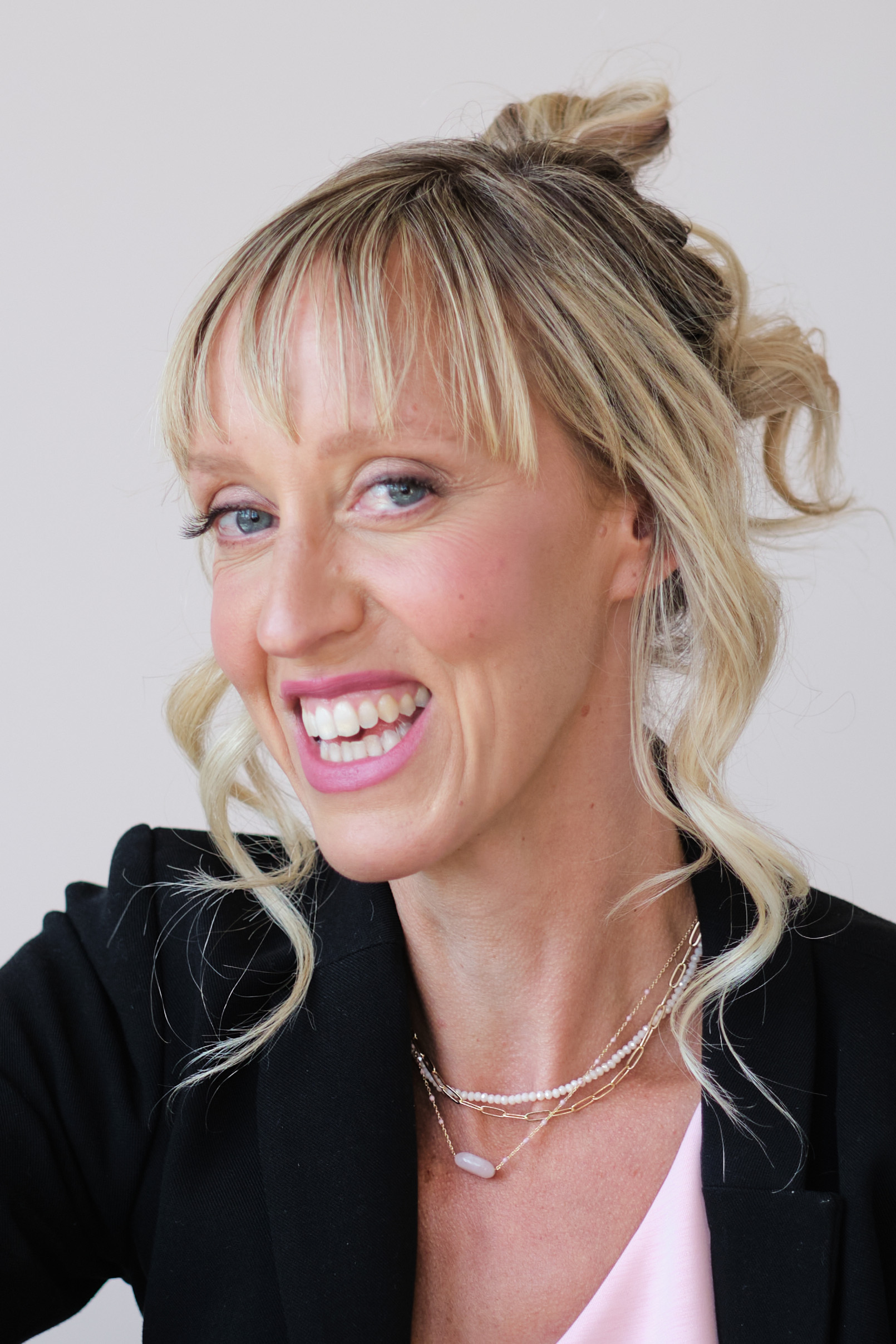
Sophie Nathenson, PhD, Associate Professor of Medical Sociology and Population Health, Director, Population Health Management Program, Oregon Institute of Technology - Portland Metro
Sophie Nathenson is a medical sociologist, professor and consultant based in Portland, Oregon. She is founder and director of the population health management BS program and the Population Health Management Research Center at Oregon Tech. She is also owner of Widespread Wellness Consulting, providing career mentorship and education for individuals and groups working on promoting social, physical, emotional and mental well-being.
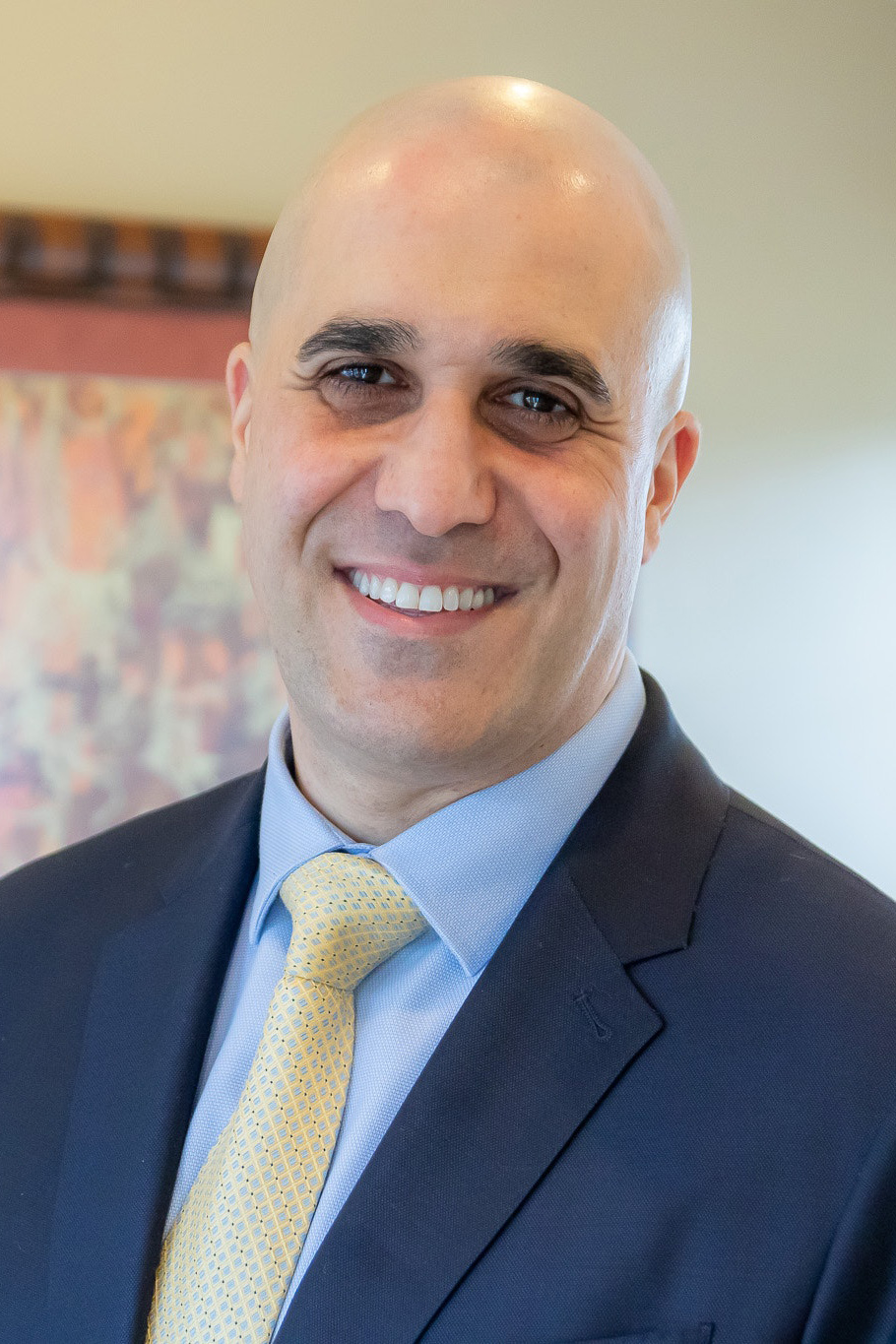
Oren Shtayermman, MSW, PhD, LICSW, FHEA, Associate Dean, Faculty of Education and Social Work, Thompson Rivers University, Kamloops, BC, Canada
Oren Shtayermman earned his BSW in social work from Haifa University, Israel, his MSW in social work from New York University and his PhD from Fordham University. Shtayermman conducted several research projects focused on risk factors for suicidal ideation among adolescents and young adults diagnosed with Autism Spectrum Disorders (ASD). In addition, he conducted multiple studies to investigate mental health issues among adolescents and young adults on the spectrum as well as the presence of comorbid disorders associated with autism. Shtayermman is also interested in the impact ASD has on family members (mostly parents and siblings). He is a regular contributor of book reviews in the Journal of Autism and Developmental Disorders. Since 2002, he has been conducting both qualitative and quantitative research and has collaborated regularly with health professions to strengthen the presence of the social work profession in a cross-disciplinary environment. Currently, Shtayermman is a full professor at Chamberlain University College of Health Professions. Beginning July 1, 2023, Shtayermman will commence the role of the associate dean of the faculty of education and social work at Thompson Rivers University, British Columbia, Canada.
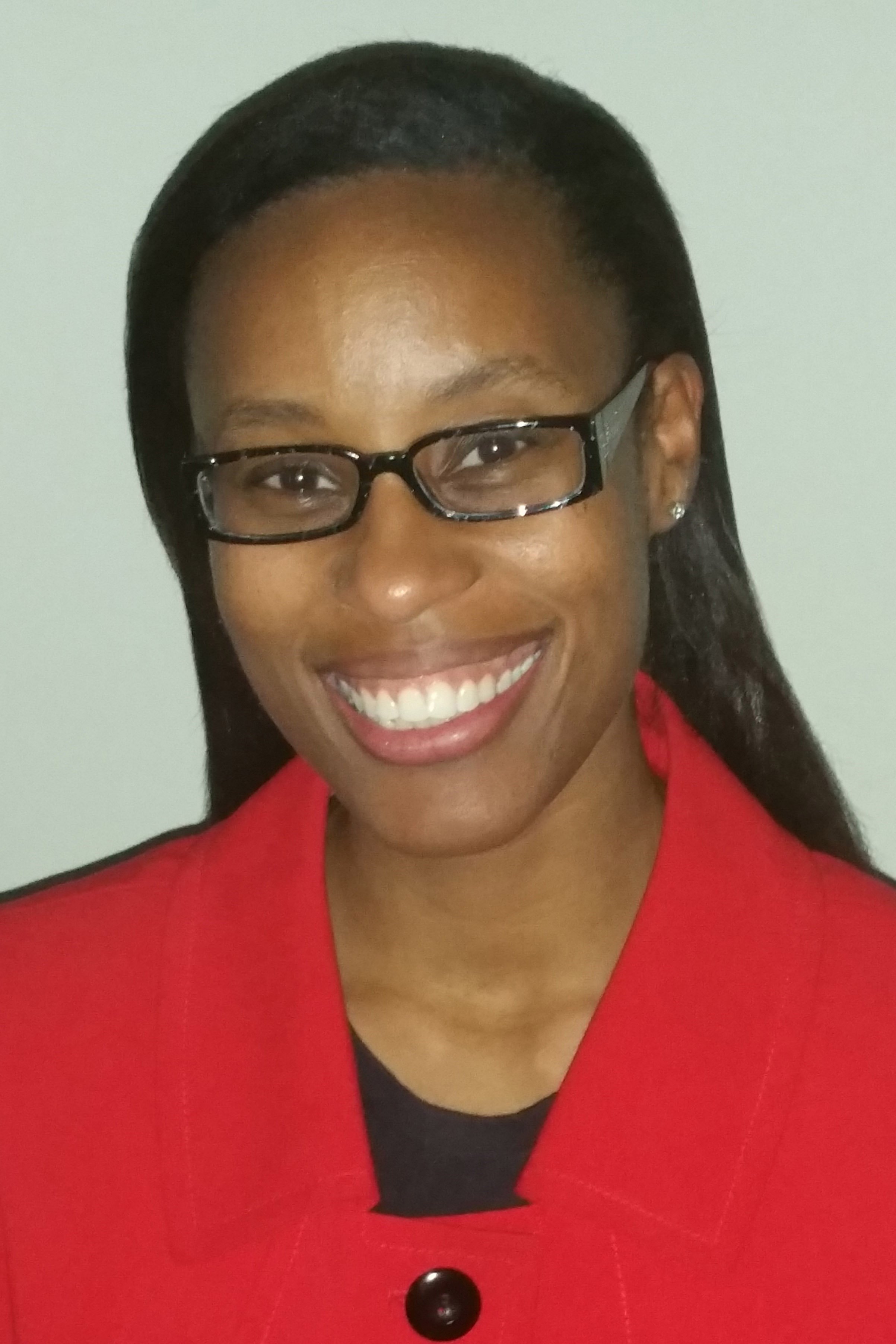
Audra Hanners, DNP, APRN-CNP, CKNS, Assistant Clinical Professor, The Ohio State University College of Nursing
Audra Hanners earned her Doctor of Nursing Practice degree in the specialty area of nurse executive from The Ohio State University College of Nursing. She is a dually certified family and psychiatric mental health nurse practitioner. She uses her evidence-based practice and clinical expertise independently and in collaboration with researchers to help naturally improve the health and well-being of others. Her work is focused on helping African-American/Black women improve their heart health through sustainable healthy lifestyle behavior changes. She has a passion for helping people optimize their health through her work, which combines nursing, nutrition and neuroscience in a holistic community-based approach to health and well-being.
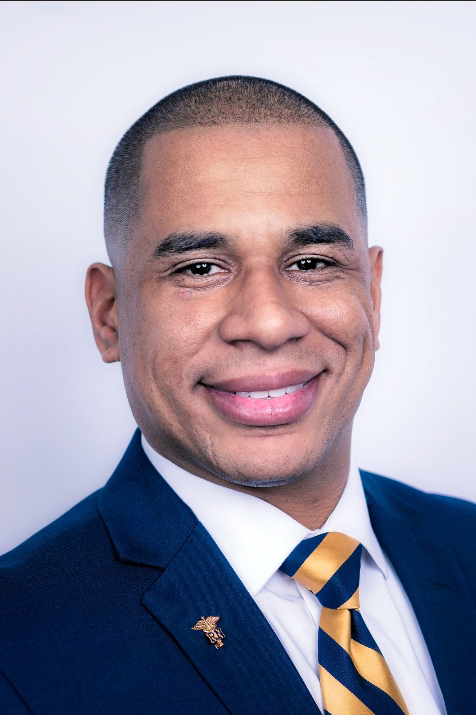
Brian Mohika, MTh, BSN, RN, Chief Executive Officer/Inventor, CathWear
Brian Mohika is a registered nurse from Boston, MA, with multiple science degrees who owns several U.S. medical patents and one European patent on different inventions. He is the CEO of CathWear, a medical device company. Brian is passionate about improving patient experience within a healthcare setting and advancing the nursing profession to new heights with his inventions. His inspiration comes from the failures and successes of becoming a nurse entrepreneur and bringing an idea to market. Although Mohika quit on his first invention, he has built a platform to motivate other nurses to never quit on their ideas, because patients need them. Brian wants to pursue his lifelong passion of helping other nurses break through challenging obstacles and create visions to advance the nursing profession while positively impacting healthcare.
